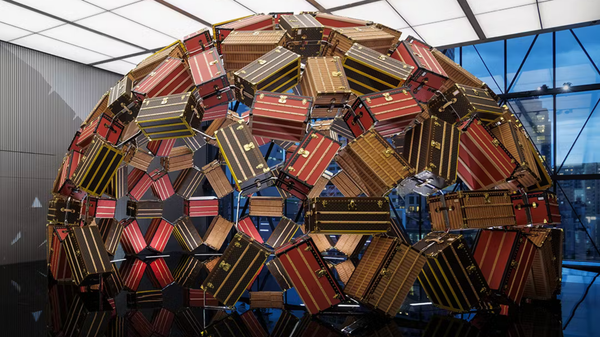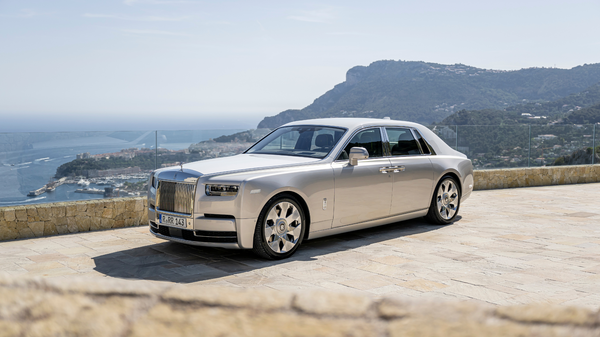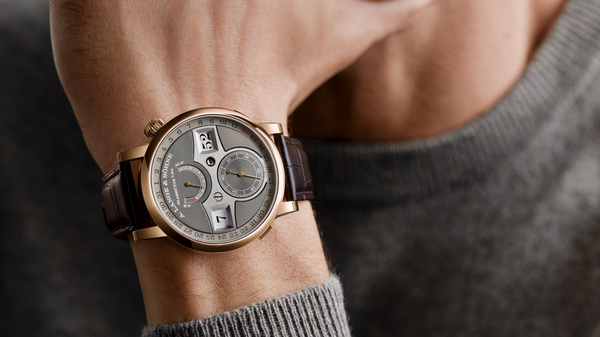Square Gears in a Watch? Maurice Lacroix Pulled Off the Impossible!
A watch with square gears that actually work, Maurice Lacroix made it happen and turned a wild idea into something truly impressive.
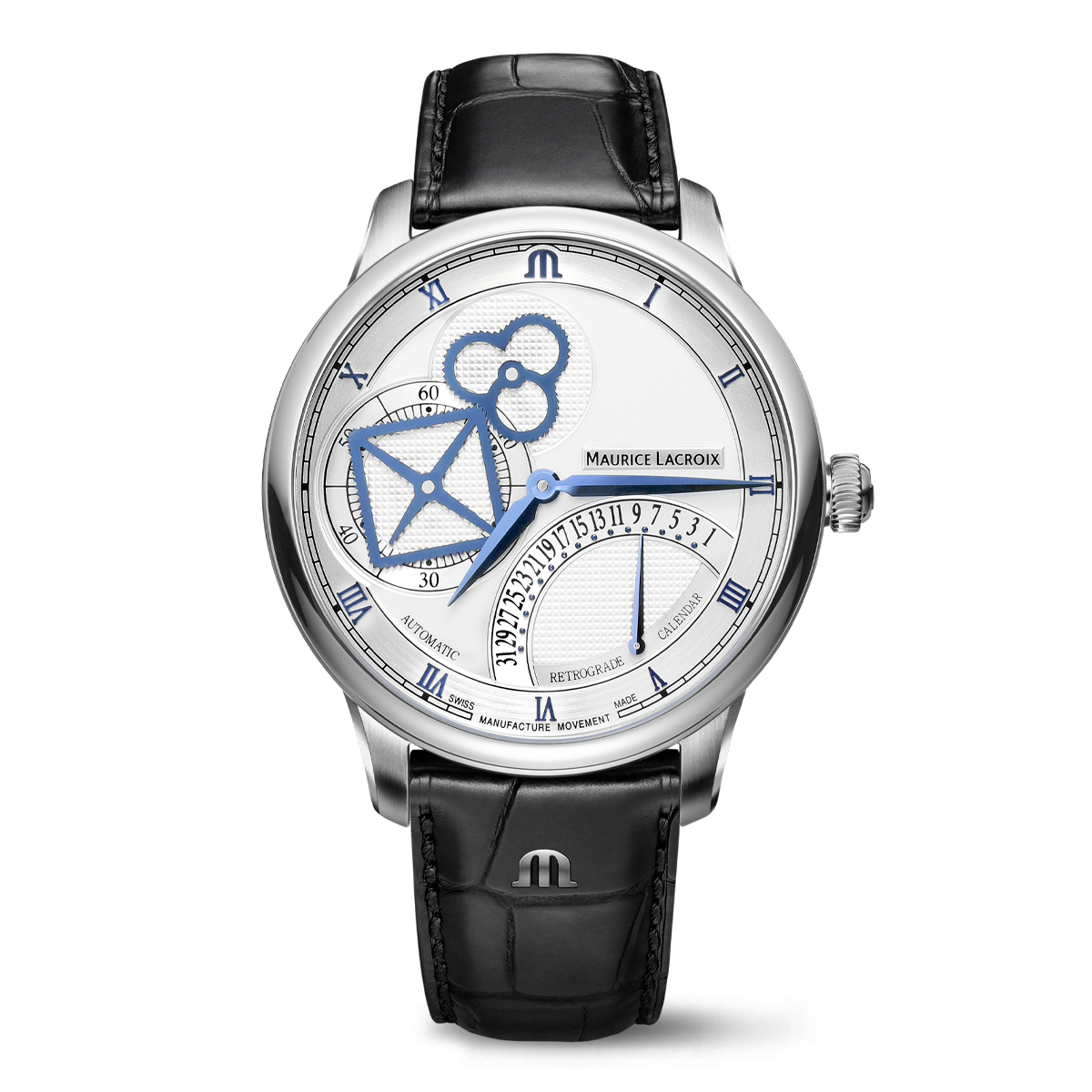
A square gear in a mechanical watch sounds like a mistake. Or a joke. But in the hands of Maurice Lacroix, it became a breakthrough.
Most watchmakers wouldn’t even try it. Gears are round for a reason, they need to turn smoothly, pass on energy evenly, and keep perfect time.
Square gears? They don’t belong in this world. Or at least, they didn’t. Until Maurice Lacroix decided 14 years ago, to challenge everything we thought we knew about watchmaking.
What they created is a conversation starter, a piece of mechanical art, and proof that real innovation still lives in Swiss watchmaking. The Masterpiece Square Wheel is bold, beautiful, smart, and surprisingly functional.

What might seem like a playful design trick is actually a serious achievement in watchmaking.

These gears are part of the movement. They transmit energy. And they do it without sacrificing precision, even though their teeth are all different shapes and sizes.

As the clover gear turns, the square gear responds in real time, keeping everything moving smoothly, despite the constantly shifting contact points between their edges.
Creating this wasn’t easy. Maurice Lacroix worked closely with specialists at Mimotec in Sion, Switzerland, using a high-tech process called LIGA, a mix of photolithography and electroforming.
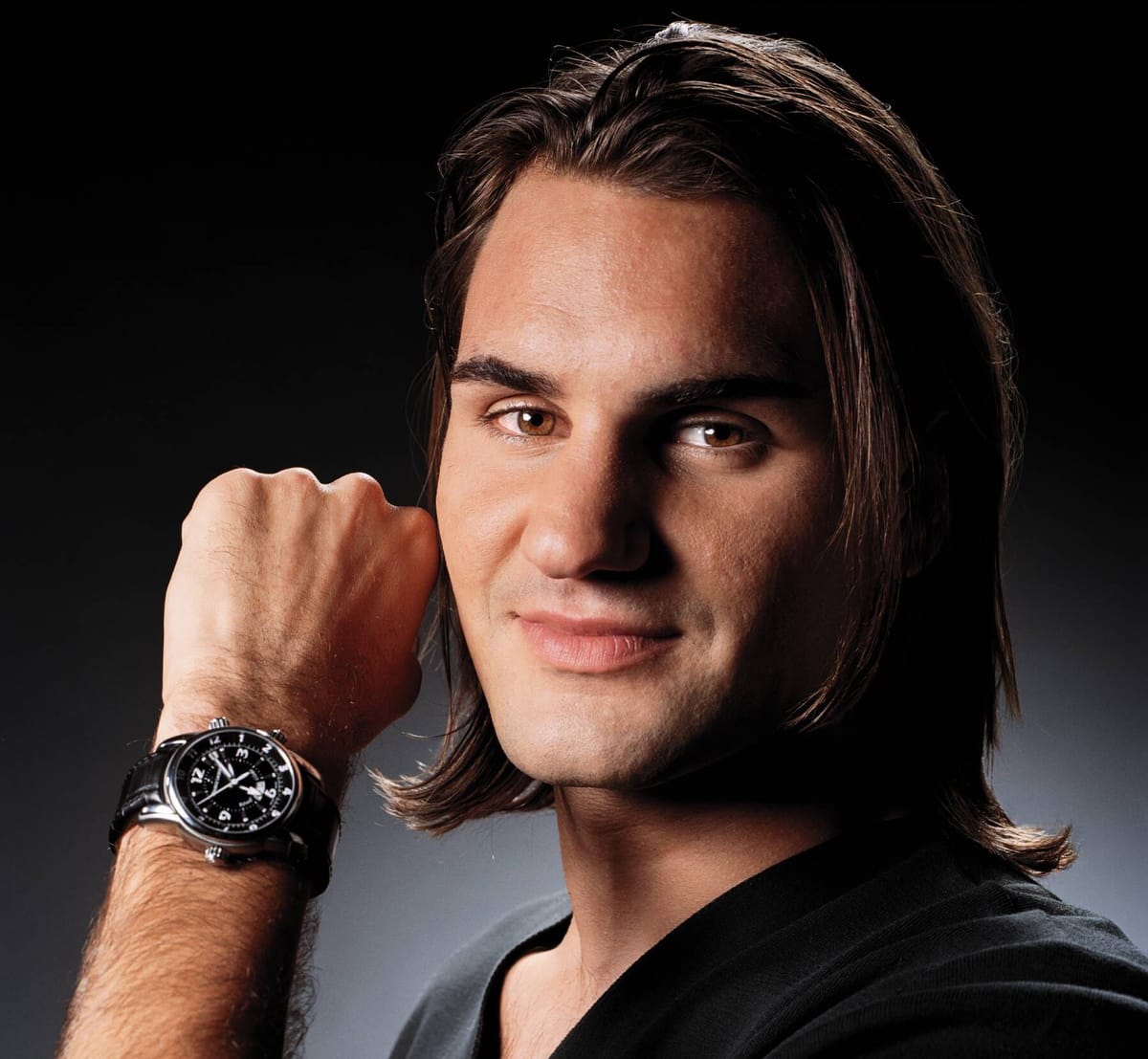
This was the only way to make parts this tiny and this detailed, just half a millimetre thick, with the accuracy needed to function in a mechanical watch.
Even the way the time is shown had to be rethought. Because of the unusual geometry, the spacing between hour markers on the square gear isn’t even, yet it still manages to read clearly and reliably.
Every bit of it had to be carefully calculated and tested. It’s clever, complex, and completely captivating.



